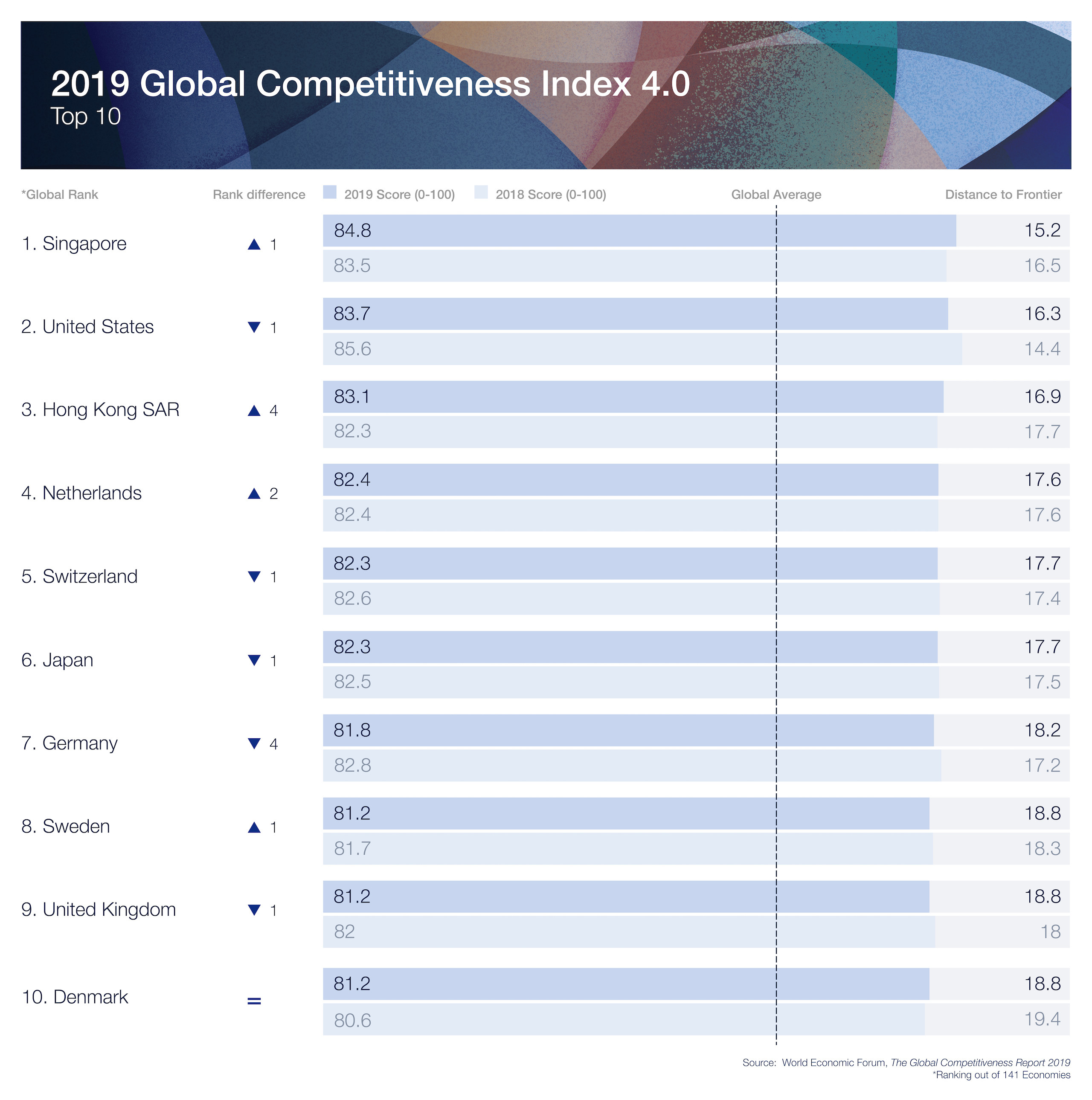Here's How to Improve Critical Thinking And Why It's Important

Critical Thinking can be improved in four phases
Image: Dylan Gillis on Unsplash
Stay up to date:
Future of Work
Three-quarters of American companies say they have difficulty recruiting the right people, with critical thinking among the top requirements, according to the Society for Human Resource Management. That begs the question: How to improve critical thinking? Can such 'soft skills' be taught?
“It’s time to reject the notion that critical thinking is either an innate gift that can’t be developed or a skill learned only through experience,” says Matt Plummer, founder of online coaching company Zarvana.
“You can help your team members develop and improve their critical thinking as it is one of today’s most in-demand skills.”
4 phases to improve critical thinking
Zarvana has published a Critical Thinking Roadmap to help employers guide their employees. It says the way to be a better critical thinker comes through these four phases: execute, synthesize, recommend, and generate.
The first phase or the execute phase to improve your critical thinking is when people are converting instructions into action.
“Once team members are making suggestions for how to improve their work, you know they’re ready for the next phase,” the Roadmap says.
The second phase to improve critical thinking is synthesize, in which team members sort through information and figure out what is important – summarizing key takeaways from a meeting, for example.
The third, recommend, is reached when employees move from identifying what is important to determine what should be done, even if their recommendations don’t align with the employer’s opinion.
Finally, the fourth phase in improving critical thinking focuses on generating, and team members are required to create something out of nothing.
“In this phase, they become adept at translating the vision in others’ heads – and their own – into projects that can be executed,” Zarvana says. Brainstorming and keeping lists of ideas to share are key at this level.
What do we mean by ‘competitiveness’?
Improving critical thinking is becoming more important as policy-makers around the world grapple to equip their citizens with the right education.
The World Economic Forum report The Future of Jobs identifies critical thinking and creativity as two of the main skills that will be in demand in 2022 and beyond. Hence it is important for individuals to know how to improve critical thinking.
And in The Global Competitiveness Report. the World Economic Forum looks at improving critical thinking as one element to assess how ready a country is for the jobs of the future 2030.
The report poses the question: “In your country, how do you assess the style of teaching?” and asks respondents to grade their response from 1, which is teacher-based and focused on memorizing, through to 7 for encouraging creative and critical individual thinking. Finland comes top, with a score of 5.6 out of 7.
Don't miss any update on this topic
Create a free account and access your personalized content collection with our latest publications and analyses.
License and Republishing
World Economic Forum articles may be republished in accordance with the Creative Commons Attribution-NonCommercial-NoDerivatives 4.0 International Public License, and in accordance with our Terms of Use.
The views expressed in this article are those of the author alone and not the World Economic Forum.
Related topics:
Forum Stories newsletter
Bringing you weekly curated insights and analysis on the global issues that matter.
More on Jobs and the Future of WorkSee all
Steffica Warwick
July 3, 2025
Ibrahim Odeh and Oliver Tsai
July 2, 2025
Ravi Kumar S. and Rohan Murty
July 1, 2025
Abayomi Olusunle
July 1, 2025
Ian Shine
June 27, 2025







